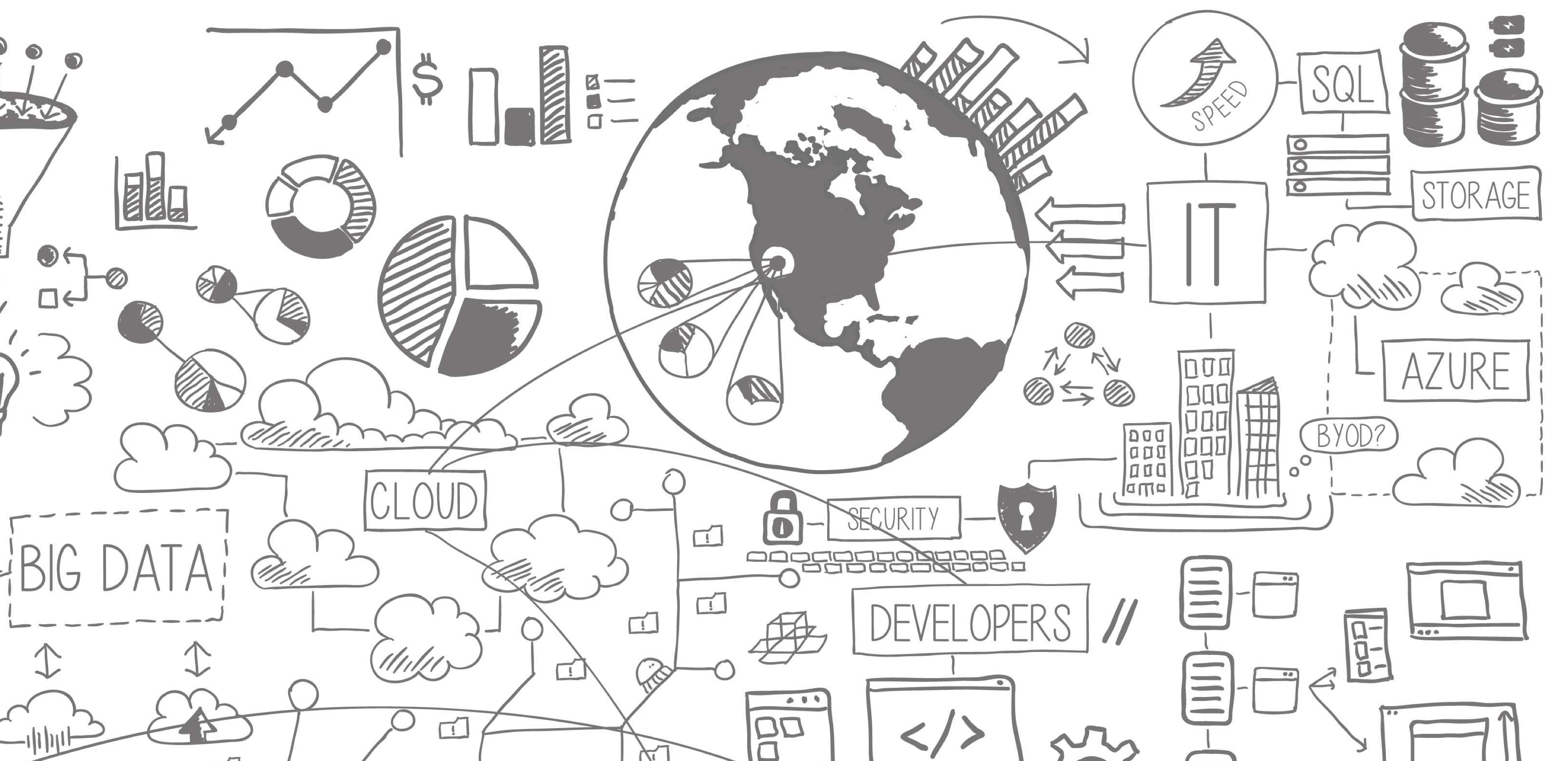Just a few days ago I found the Twitter Account @remotedatasci and its site. I tweeted the account holder a very important question: is remote work suitable (and available) for junior data scientists and even interns?
I guess remotedatascience thought it was a good enough question to create a blog post about it. I certainly think so, and not simply because that’s the position I think I could have at this point with my beginner’s knowledge of machine learning and more intermediate work in statistics.
Simply, I think remote work is a lifestyle choice and not something that employers should discriminate against. I’ve read plenty of posts of people worried about what employers would think about remote work - even one (sorry, can’t find the link) asking if he/she should expect a lower salary for working remotely (some people said yes…) I simply cannot agree with this.
Not only is working remotely a work-lifestyle choice (like deciding where to live, what to wear), but - if done correctly - can produce better, more efficient work. As remotedatascience mentions in the blog post, a dedicated worker will be just as dedicated remotely. Many people who work remotely even feel that they have to work harder and be more “present” to make up for not being at the office. Many articles and blogs cover this topic, so I won’t get into that specifically.
But, I can say that as someone who is currently working as a remote contractor with a tech team, the setup could not be more ideal. Working remotely encourages us to be on top of communication. I even feel less guilty about asking questions as I would if I had to walk to someone’s office and interrupt their work. With chat and email, a person can answer at his/her own time, and I rarely have to wait for someone to help me with something. Moreover, the setup is respectful of my needs. I suffer from frequent and severe back pain, and it requires a special standing desk setup that I can use to sit and stand interchangeably. I also have to lie down frequently to relieve pain. Any understanding employer should be accommodating - but I have encountered some who have not been so. And quite frankly, how I take my breaks - whether I go to a coffee shop or take a nap - should not be an employer’s business. I get my work done, communicate often, and hopefully am a productive, useful, and friendly team-member. What else do you need from me?
Finally, to address the idea of remote junior data science positions, I get it when people say that when you are just learning, it’s really good to be there in person. I get it, but most of MY learning has also been researching solutions to problems online and asking questions about it - all of which I can do from anywhere in the world. If the person I am learning from is willing to be available via any mode of communication, there is no reason why I can’t ask questions virtually. For data science in particular, if I am not familiar with the method we are using, why not send me links to a MOOC about the method? Why not schedule a Skype meeting to teach me how to use it? No reason why a data science intern cannot help out with data cleaning and prep (that’s what I would be doing in the office anyway…)
As I prepare to start my MS this fall, I’d be ecstatic to work with a data science team looking for a part-time remote contractor. If your team embraces remote work and loves data, please don’t hesitate to contact me. I’d love to learn from you!
